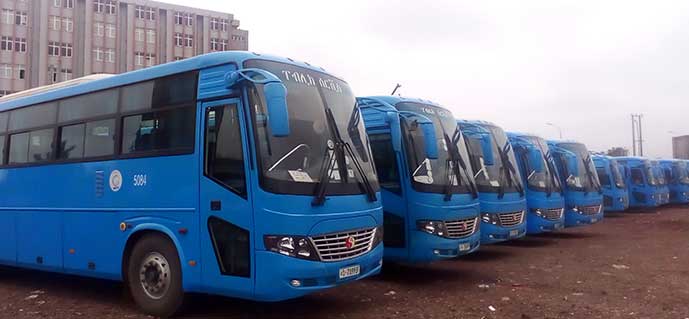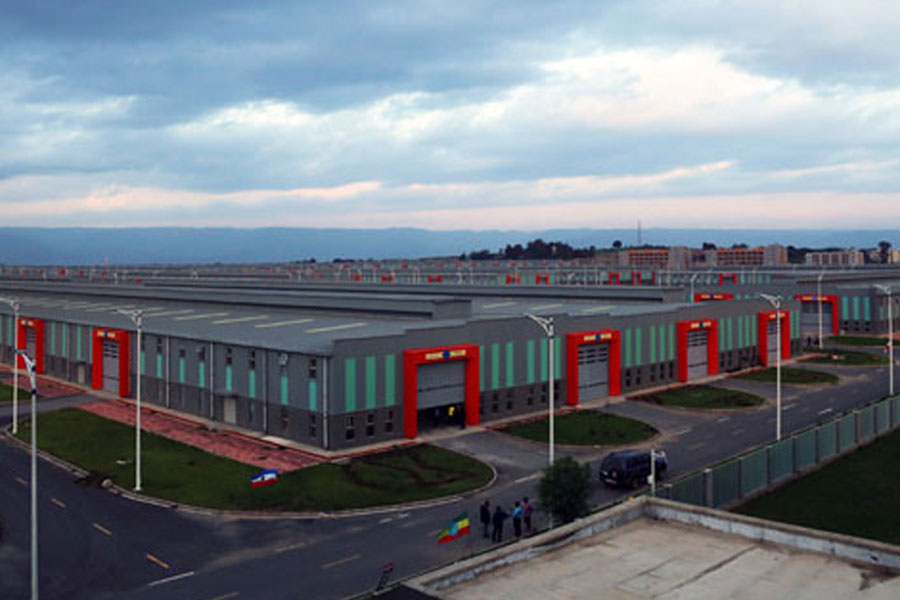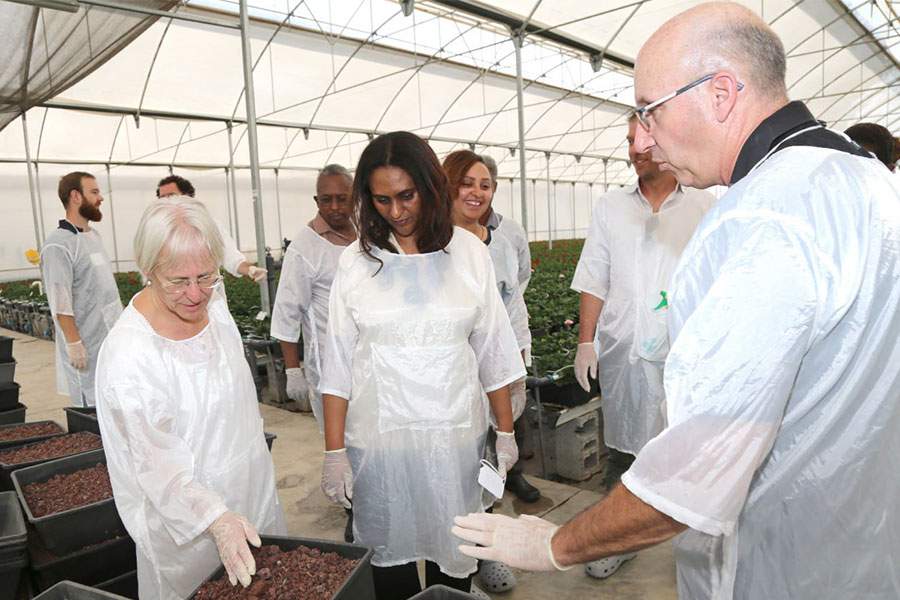
May 3 , 2024
By Sania Nishtar
There is a good chance of knowing that one of the 154 million people who have been saved from preventable death by routine immunisation over the past 50 years. In the past half-century, it has been hard to identify a public health tool that has had a more positive impact than vaccination or has done more to promote global health equity.
Routine immunisation programs, once the purview of the wealthy world, now exist in every country, owing to the landmark commitment that the World Health Organization's (WHO) member states made in 1974 to establish what is now known as the Essential Programme on Immunisation (EPI). Initially, the EPI focused on ensuring universal access to vaccines against tuberculosis, diphtheria, pertussis, tetanus, polio, and measles – all preventable child killers.
Today, 84pc of children globally are immunised against these six diseases, compared to only five percent in 1974.
But progress has been hard won. After rapid gains in immunisation coverage throughout the 1980s, momentum was lost in the 1990s. The main issue was that lower-income countries lacked the resources and infrastructure needed to sustain immunisation programs. Vaccine markets were fragmented and dysfunctional: countries depended on a few manufacturers, and uncertain demand deterred new entrants.
That is where Gavi, the Vaccine Alliance, came in. The organisation was established in 2000 to harness the strengths of the public and private sectors. By forging new partnerships, the thinking went, Gavi could improve access to vaccines against a broader range of infectious diseases in lower-income countries and marginalised communities. In the decades since, it has helped protect over one billion children and halve childhood mortality in 78 countries, delivering substantial economic benefits. Meanwhile, most of the countries that Gavi supports have continued to increase funding for vaccination efforts, putting such programs on a more sustainable footing and creating an entry point for other health services.
Continued progress will depend on our ability to reach these marginalised communities. Since taking over as CEO in March, my main priority has been ensuring that Gavi's work is informed by and grounded in the needs and experiences of the communities and countries we serve.
The 50th anniversary of EPI is a fitting moment to celebrate the millions of lives saved through routine immunisation, and the health workers who have devoted considerable effort, often in the most demanding environments, to realise the EPI's goals. But it is also an opportunity to reflect on what is yet to be done. Around one in 10 children in lower-income countries have not received routine vaccines. These "zero-dose" children are often in poor communities affected by conflict and displacement, in countries with extremely fragile health systems that provide no access to primary care.
At a time when violent conflict, geopolitical tensions, and climate change are dominating the headlines, the EPI's anniversary should also serve as a reminder that we can still achieve world-changing results when we work together. Every vaccination offers hope for a better, healthier future. And as we stand on the cusp of a new era for immunisation, there is reason for optimism.
Since 2022, for example, a record number of people have been protected by the human papillomavirus (HPV) vaccine, which protects against the leading cause of cervical cancer. We have the ambitious goal of immunising 86 million girls against HPV in Gavi-supported countries by the end of 2025. This week, three more African countries will join Burkina Faso and Cameroon in rolling out the world's first-ever malaria vaccine – a development that would have seemed impossible just a few decades ago.
The future of vaccines appears to be even brighter. It is possible that a new vaccine against tuberculosis — one of humanity's oldest scourges — will be developed before the end of the decade. Looking further ahead, we could see vaccines delivered through dissolvable microarray patches instead of syringes. In the half-century since the WHO instituted the EPI, the world has shown a remarkable capacity to come together on the crucial vaccination issue.
At this moment of deepening political polarisation and global fragmentation, we must commit to another 50 years of changing the world for the better.
Sania Nishtar is CEO of Gavi, the Vaccine Alliance. Project Syndicate (PS) provided this article.
PUBLISHED ON
May 03,2024 [ VOL
25 , NO
1253]


Fortune News | Jul 27,2019

Fortune News | May 08,2021

Commentaries | Dec 19,2020

Radar | May 24,2025

Radar | Oct 27,2024

Editorial | Aug 20,2022

Radar | May 29,2021

Sunday with Eden | May 27,2023

Sunday with Eden | Feb 25,2023

Fortune News | Mar 25,2023

My Opinion | 131451 Views | Aug 14,2021

My Opinion | 127803 Views | Aug 21,2021

My Opinion | 125783 Views | Sep 10,2021

My Opinion | 123419 Views | Aug 07,2021

Dec 22 , 2024 . By TIZITA SHEWAFERAW
Charged with transforming colossal state-owned enterprises into modern and competitiv...

Aug 18 , 2024 . By AKSAH ITALO
Although predictable Yonas Zerihun's job in the ride-hailing service is not immune to...

Jul 28 , 2024 . By TIZITA SHEWAFERAW
Unhabitual, perhaps too many, Samuel Gebreyohannes, 38, used to occasionally enjoy a couple of beers at breakfast. However, he recently swit...

Jul 13 , 2024 . By AKSAH ITALO
Investors who rely on tractors, trucks, and field vehicles for commuting, transporting commodities, and f...

Jun 28 , 2025
Meseret Damtie, the assertive auditor general, has never been shy about naming names...

Jun 21 , 2025
A well-worn adage says, “Budget is not destiny, but it is direction.” Examining t...

Jun 14 , 2025
Yet again, the Horn of Africa is bracing for trouble. A region already frayed by wars...

Jun 7 , 2025
Few promises shine brighter in Addis Abeba than the pledge of a roof for every family...

Jun 29 , 2025
Addis Abeba's first rains have coincided with a sweeping rise in private school tuition, prompting the city's education...

Jun 29 , 2025 . By BEZAWIT HULUAGER
Central Bank Governor Mamo Mihretu claimed a bold reconfiguration of monetary policy...

Jun 29 , 2025 . By BEZAWIT HULUAGER
The federal government is betting on a sweeping overhaul of the driver licensing regi...

Jun 29 , 2025 . By NAHOM AYELE
Gadaa Bank has listed 1.2 million shares on the Ethiopian Securities Exchange (ESX),...